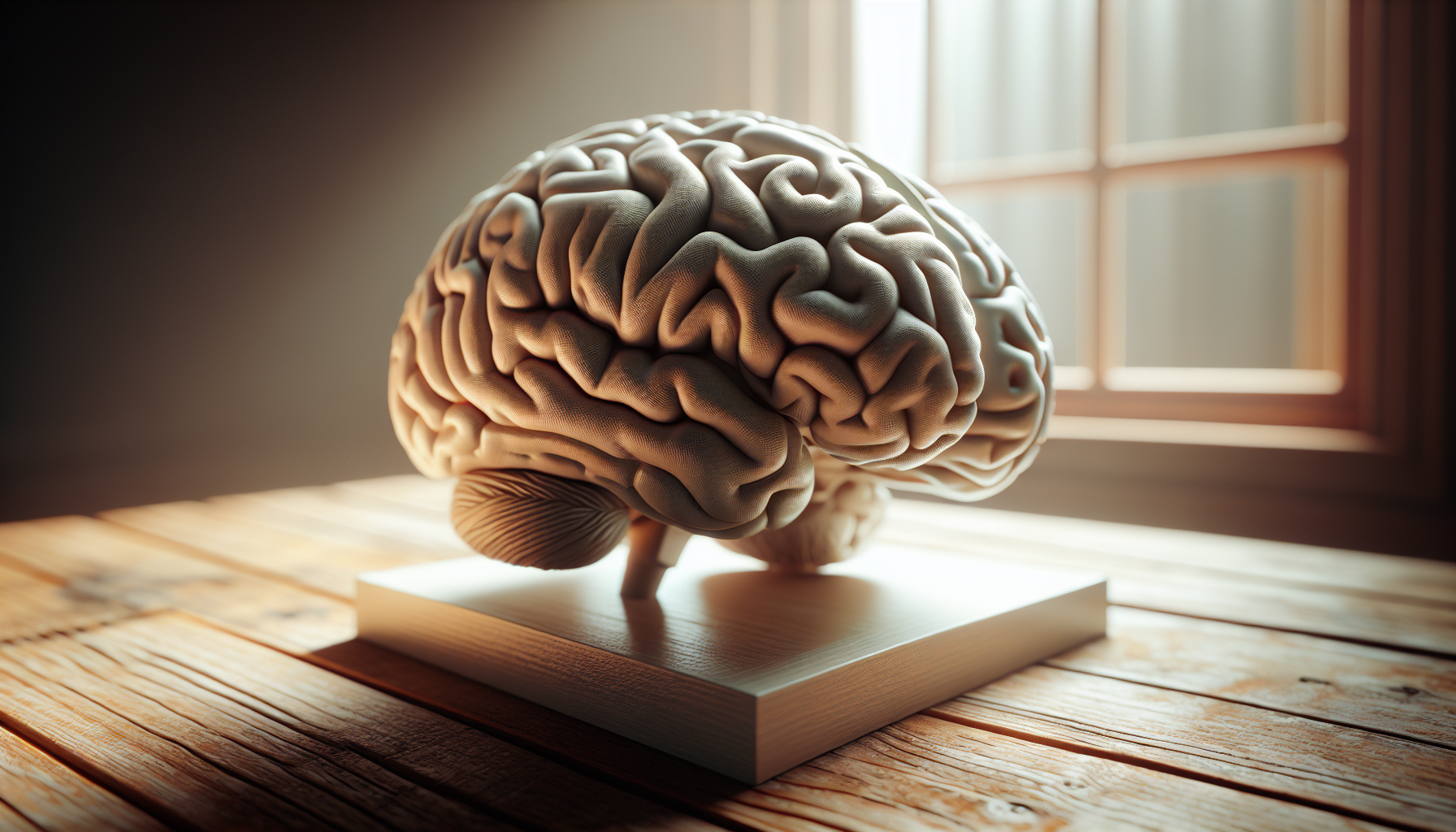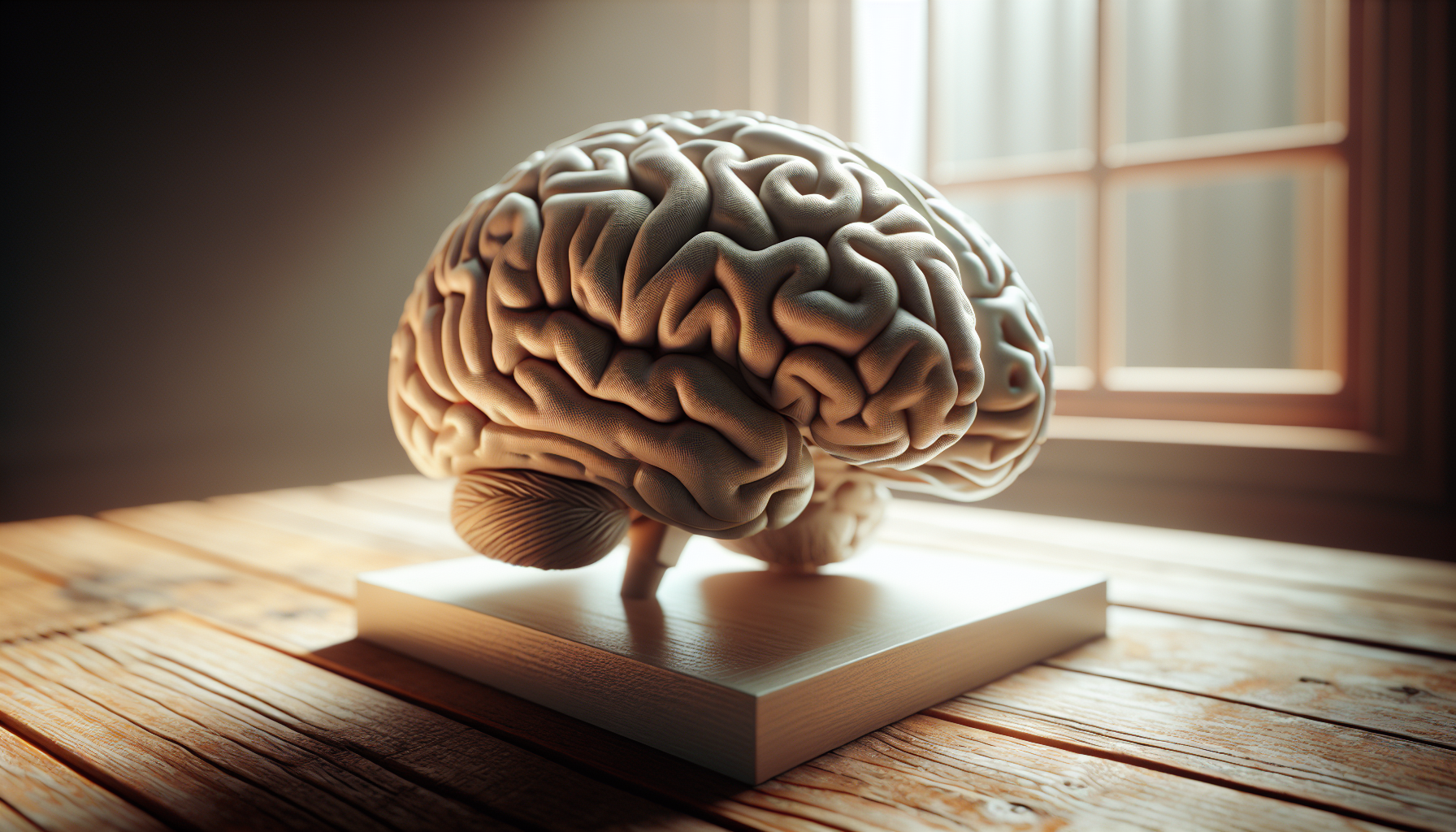Have you ever wondered how you might assist someone struggling with short-term memory loss? Understanding what they’re experiencing and offering the right support can be crucial. Short-term memory loss can be challenging, creating moments of confusion and frustration. However, with a little knowledge and empathy, you can make a significant difference.
Understanding short-term memory is the first step in helping someone cope. This part of memory handles the temporary storage of information and is subject to frequent retrieval and rapid loss. People with short-term memory loss often struggle with everyday tasks, remembering recent conversations, or even recalling recent events. When you grasp this, you’re better prepared to provide meaningful support. Let’s break down how you can help someone with short-term memory loss by making adjustments that make everyday life more manageable for them.
Table of Contents
Recognizing the Symptoms
Identifying short-term memory loss can be the first challenge. Perhaps your friend or family member repeats questions often. They might forget where they placed everyday items or seem unable to recall recent events. Understanding these signs can guide you in offering the right support without overwhelming them.
Common Signs
- Repeatedly asking the same questions.
- Misplacing items frequently.
- Forgetting recent conversations or events.
- Showing difficulty in following conversations.
Offering Gentle Reminders
Once you recognize the signs, gentle reminders can become your most useful tool. These reminders shouldn’t feel intrusive; instead, they should come across as supportive nudges that help them stay on track without feeling embarrassed.
Strategies for Offering Help
- Use notes or a whiteboard in common areas for important reminders.
- Encourage the use of smartphone apps or alarms for reminders.
- Organize items in specific places to reduce searching time.

Creating a Structured Environment
Structure and routine can greatly benefit someone with short-term memory loss. When everything has its place, and there’s an established routine, daily living becomes less stressful.
Tips for Structuring
- Establish a daily routine for activities.
- Keep essentials like keys or glasses in the same place.
- Use labeled drawers and cabinets for easy item retrieval.
Encouraging Repetition and Practice
Repetition can help solidify information in the memory. Encouraging your loved one to practice remembering names or details can gradually strengthen their memory abilities.
Practicing Techniques
- Engage in games that involve memory recall.
- Create fun challenges to remember items on a shopping list.
- Repeatedly discuss events or information during conversations to reinforce memory.

Utilizing Technology
Incorporating technology can make a world of difference, offering reminders and assisting in planning daily tasks. A smartphone or tablet might seem overwhelming initially, but a little practice can go a long way.
Technological Aids
- Calendar apps for scheduling and reminders.
- Voice assistants for quick answers to questions.
- GPS for navigating familiar and new places.
Encouraging Social Interaction
Isolation can often worsen the symptoms of memory loss. Social interaction stimulates the brain and can be a source of joy and comfort.
Social Engagement Ideas
- Invite friends and family over for regular visits.
- Encourage participation in community events.
- Join clubs or groups that share similar interests.

Professional Support Options
Sometimes, professional help can give the extra support needed. Specialists can offer tailored advice and strategies.
Seeking Help
- Consider consulting a neurologist for a comprehensive evaluation.
- Explore therapy options such as cognitive rehabilitation.
- Engage a counselor or support groups for emotional guidance.
Hyperbaric Therapy for Memory Loss
While you explore ways to assist someone with memory loss, you might hear about hyperbaric therapy. This therapy involves breathing pure oxygen in a special chamber to enhance healing.
Hyperbaric Therapy Explained
- Breathing pure oxygen in a pressurized environment.
- Increases oxygen in the blood and tissues, promoting healing.
- Used for various conditions, potentially aiding memory issues.
Visit Henry Chiropractic for expertise in chiropractic care and hyperbaric therapy. Their team, including Dr. Craig Henry and Dr. Aaron Hixon, provides personalized care to improve overall wellness. Whether you’re dealing with memory issues or need chiropractic adjustments, their experienced hands can help.

FAQs About Helping Someone with Memory Loss
1. How can I tell if it’s short-term memory loss or normal forgetfulness?
Short-term memory loss often involves frequent forgetfulness, struggling with daily tasks, and difficulty remembering recent conversations, while typical forgetfulness is less frequent and usually involves minor details.
2. Are there any dietary recommendations that support memory enhancement?
Yes, a diet rich in omega-3 fatty acids, antioxidant-rich fruits, and leafy greens can support brain health. Regular physical exercise and mental activities also contribute to memory improvement.
3. Can stress cause short-term memory loss?
Indeed, chronic stress can lead to memory impairments by affecting the brain regions involved in memory functions. Managing stress through relaxation techniques and exercise is beneficial.
4. How can I introduce technology to someone who is not tech-savvy?
Begin with simple technologies, like a smartphone alarm or a voice assistant, and gradually introduce more complex applications. Providing instruction and repeated practice will increase their comfort level.
5. Is hyperbaric therapy widely accessible?
Availability can vary, but it’s becoming more common. Locations like Henry Chiropractic provide this service, and it’s advisable to consult with healthcare providers for access and suitability.
Your support can make daily life smoother and more enjoyable for someone with memory challenges. By setting up reminders, creating structured routines, and encouraging both social interaction and professional support, you can help foster a positive environment. For more hands-on help and professional treatment options, reaching out to specialists like those at Henry Chiropractic can be a beneficial step. Your compassion and patience mean everything in this journey.















